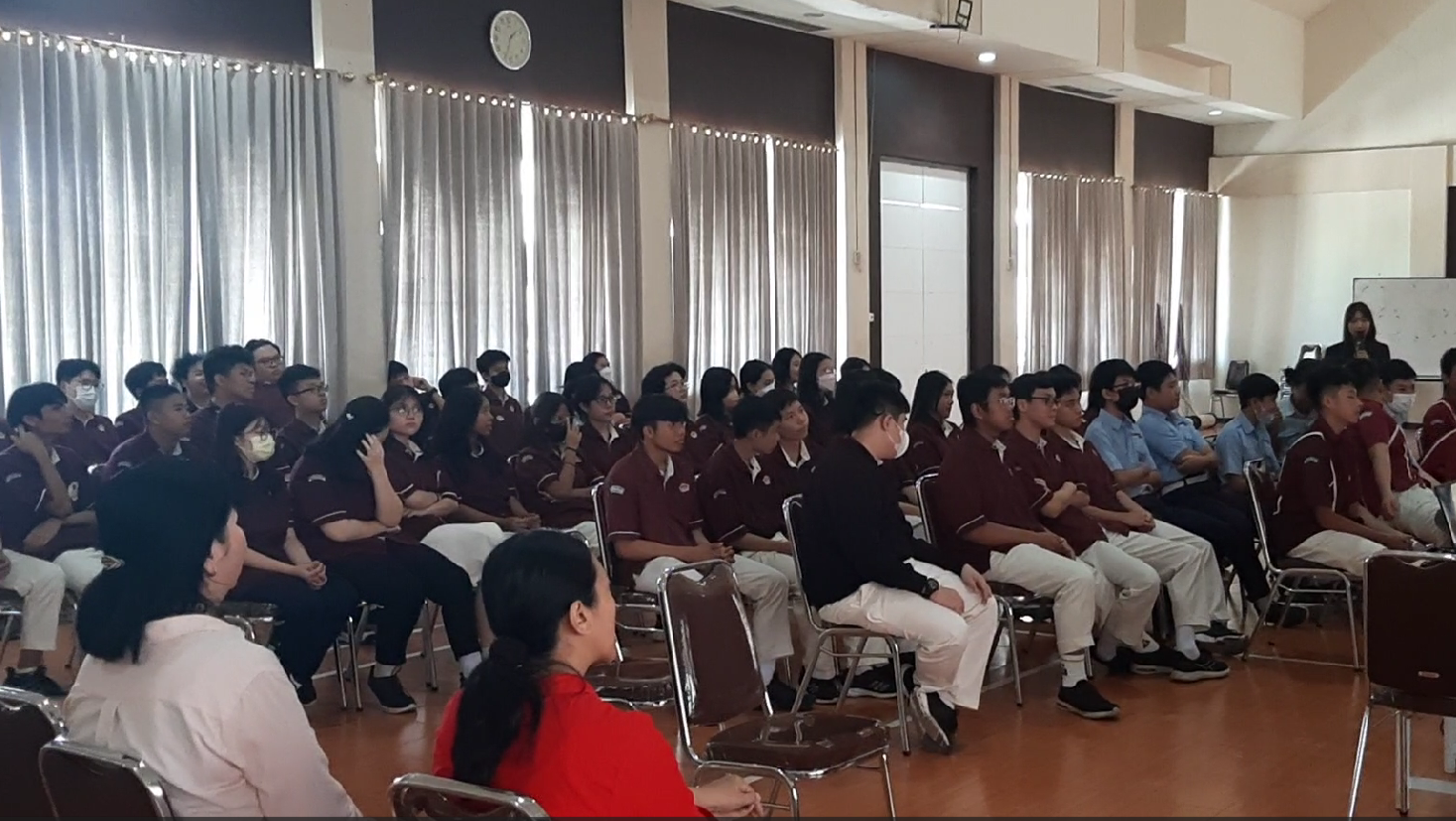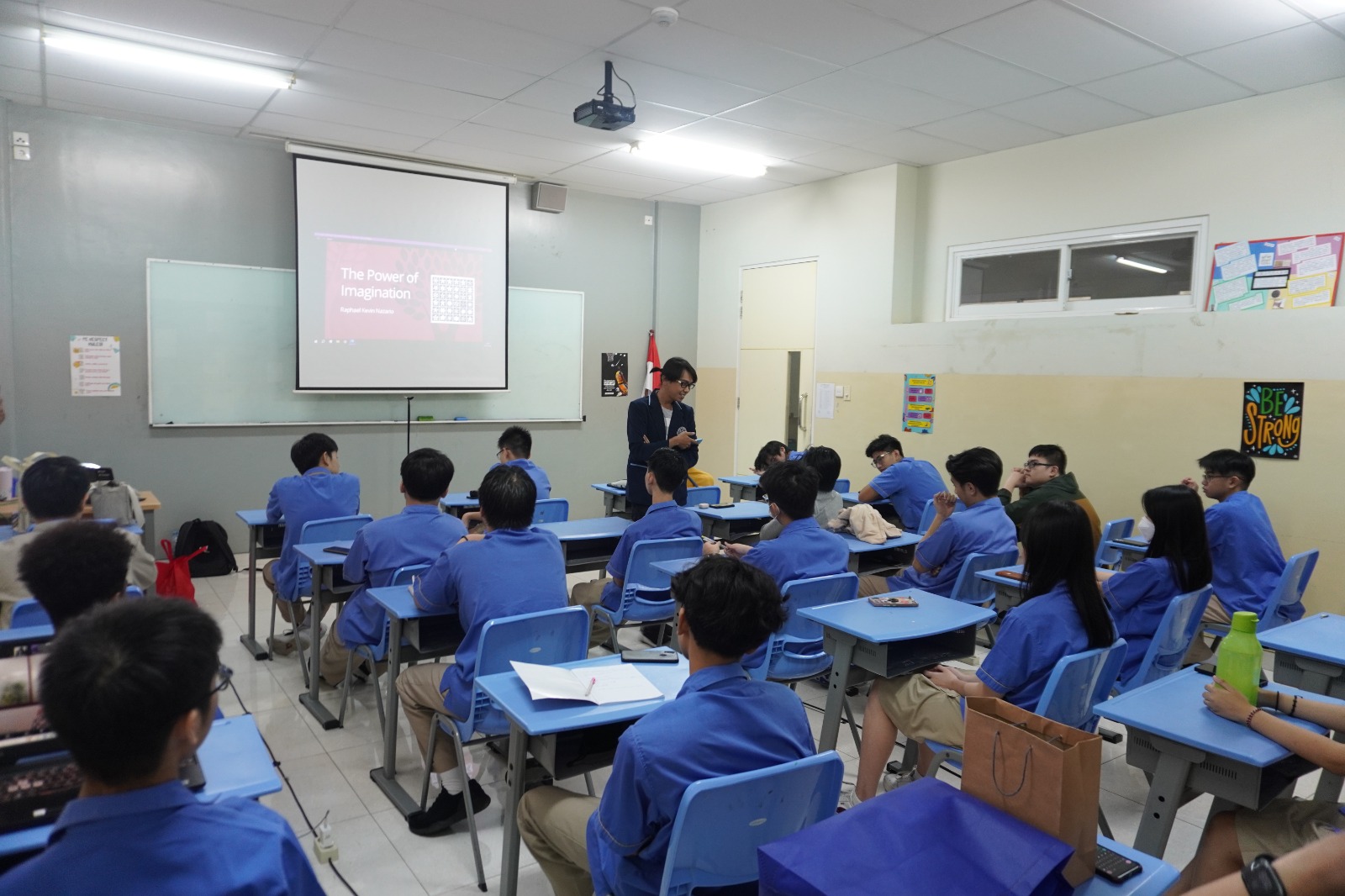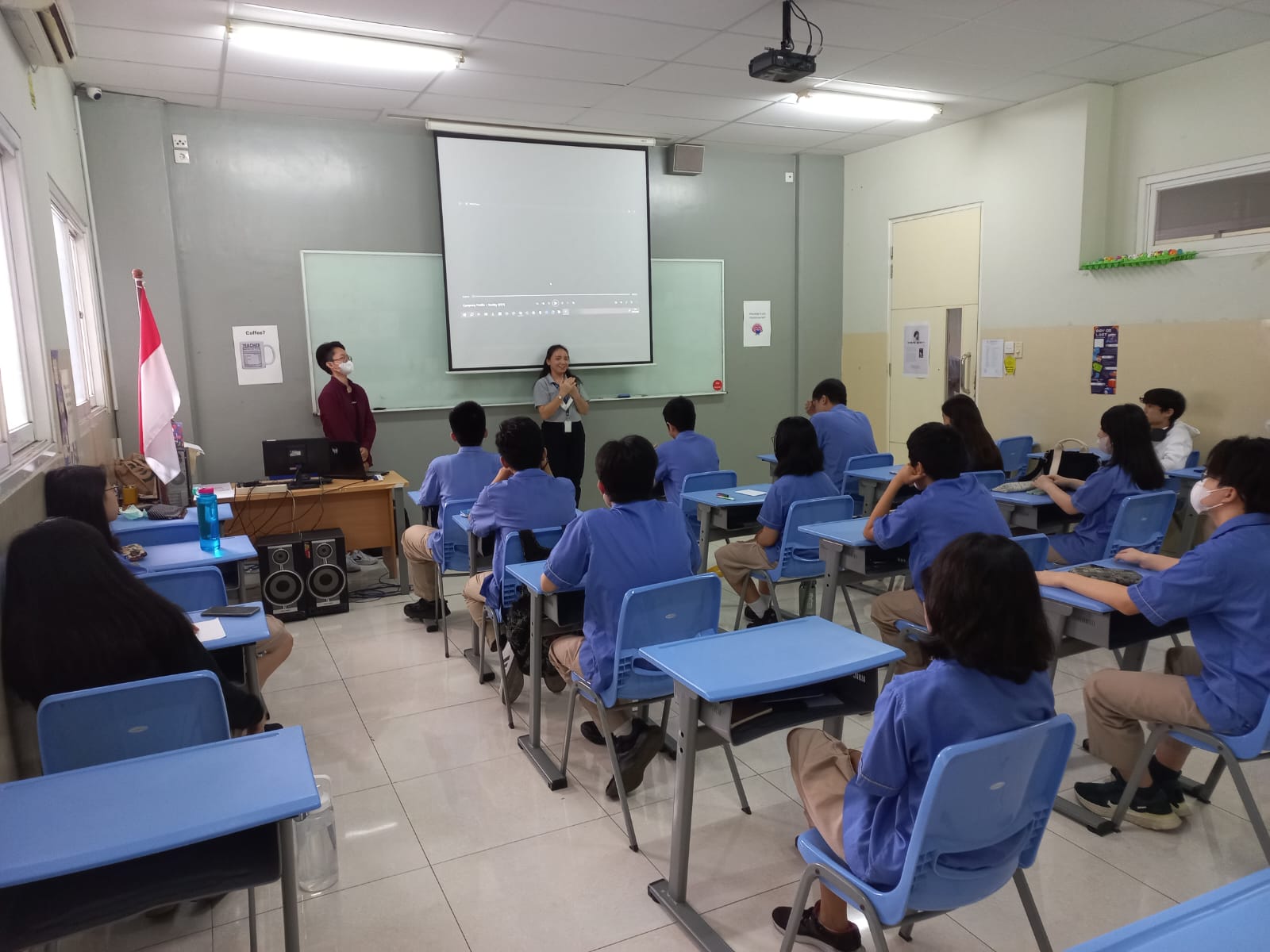
KSP : Fuzzy Decision in Fuzzy Environment
On Wednesday, 1 July 2020, ISTTS again held an open online KSP
for internal and external. This time, KSP raised the topic “Fuzzy Decision in Fuzzy
Environment ”and delivered by an experienced ISTTS lecturer, Mr.
Judi Prajetno Sugiono, Ir., M.M.
Mr. Sugiono started the KSP by explaining the comparative fuzzy logic
with classical logic. Classical logic uses a numerical basis, prioritizing accuracy
(precision), cutting the level of presence of random elements so that the problem boundaries are clear,
requires a long design time and expensive design costs. While logic
Fuzzy uses a base of words (linguistics) so that it is more significant and contains
imprecision. This logic design time is faster and the design costs are lower
needed is also cheap. In addition, fuzzy logic also considers random elements
so that the boundaries of the problem are not cut sharply.
"Fuzzy logic figures are not clear, but the linguistic expressions produced by logic
fuzzy character is more significant than classical logic which provides deep expression
precise numeric form, "concludes Mr. Sugiono regarding the difference between fuzzy logic and
classical logic.
"There are many things we can get from Fuzzy Logic science," said Mr. Sugiono.
He also explained about the nature of fuzzy logic, among others: it is conceptually easy
understandable, flexible, tolerant of imprecise data, can model functions
nonlinearity of variable complexity, can be built on the experience of para
expertly, can be blended with conventional control techniques as well as based on natural language.
"Conceptually, [fuzzy logic] is easy to understand. Like the temperature of the tea in the glass: cold, hot
and warm. Fuzzy is also flexible in the sense that it can be worked out in many and more ways
easy to understand, "he added.
Mr. Sugiono explained that with fuzzy logic, random elements can still be accepted,
different from classical logic which removes random elements. "There are elements
indecision is not discarded and sometimes it helps people to
solve the problem, ”explained Mr. Sugiono regarding the reasons why he used logic
fuzzy.
Fuzzy Inference System consists of several processes, including: Fuzzification (process
converting crisp input / numbers into fuzzy input / words), Fuzzy Rule
(In the form of an IF… THEN… statement which is used to express the relationship between fuzzy
input), Inference Mechanism (evaluation of the fuzzy rules used to conclude
output / to infer an output) as well as Defuzzification (a process to change that conclusion
achieved by the inference mechanism being the input of the next process).
The range of uses for fuzzy logic is many such as: Fuzzy Logic Controller,
Fuzzy Expert System, Fuzzy Data Clustering, Fuzzy Decision Making, Neuro Fuzzy Inference
System and Fuzzy Image Processing. "Because of the fuzzy nature, the operation is isolated from the input
or actual output then fuzzy logic 'as if attachable' to
The algorithms already exist, "said Mr. Sugiono.
After going through various processes, fuzzy logic can be used to help
decision making process. Fuzzy decision making is a collection of techniques
aims to select the best alternative in situations of inaccurate data availability, no
complete and unclear. One example is helping make investment decisions.
Source : https://istts.ac.id/berita/Ged8xyw19B-KSP_:_Fuzzy_Decision_in_Fuzzy_Environment


